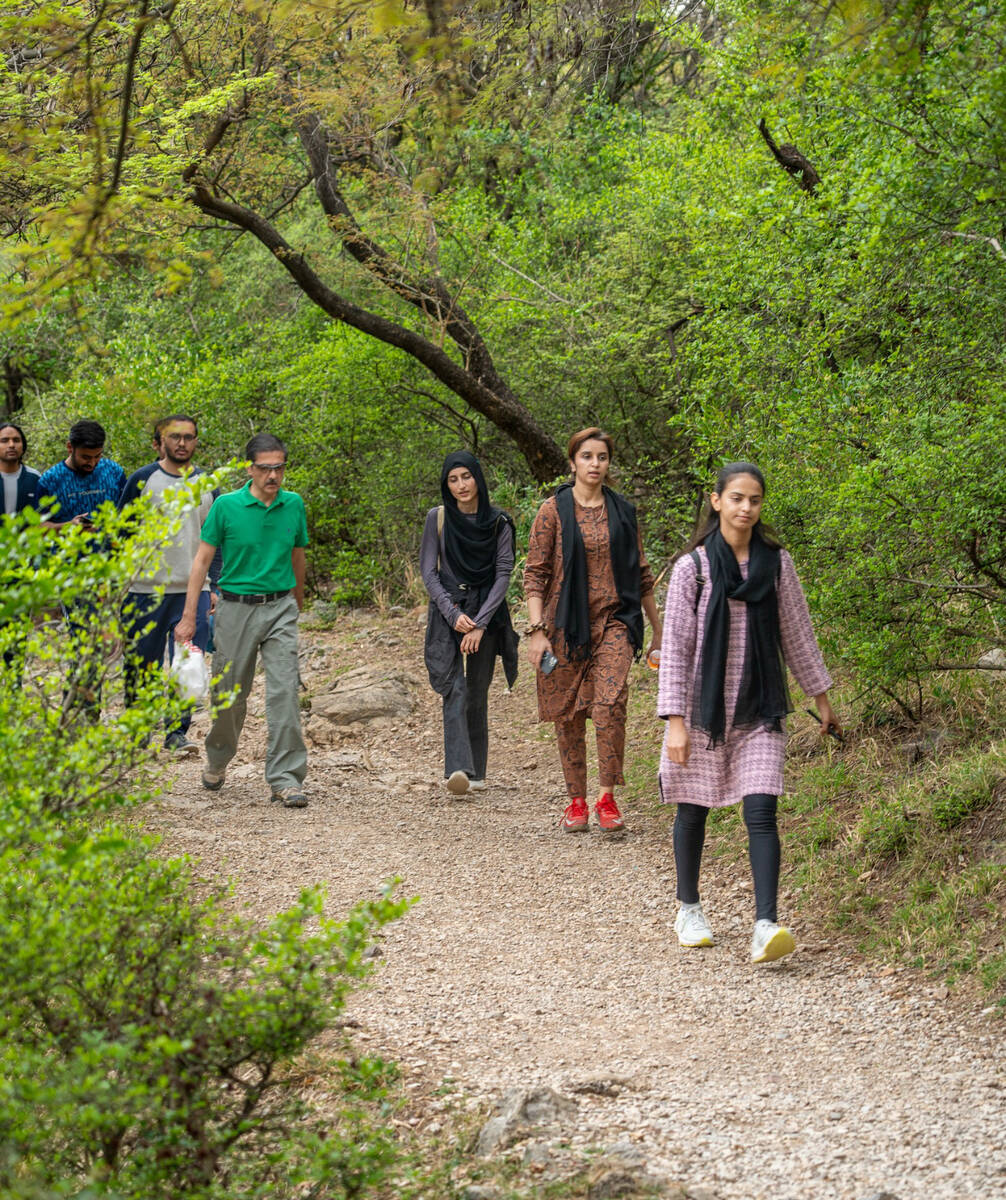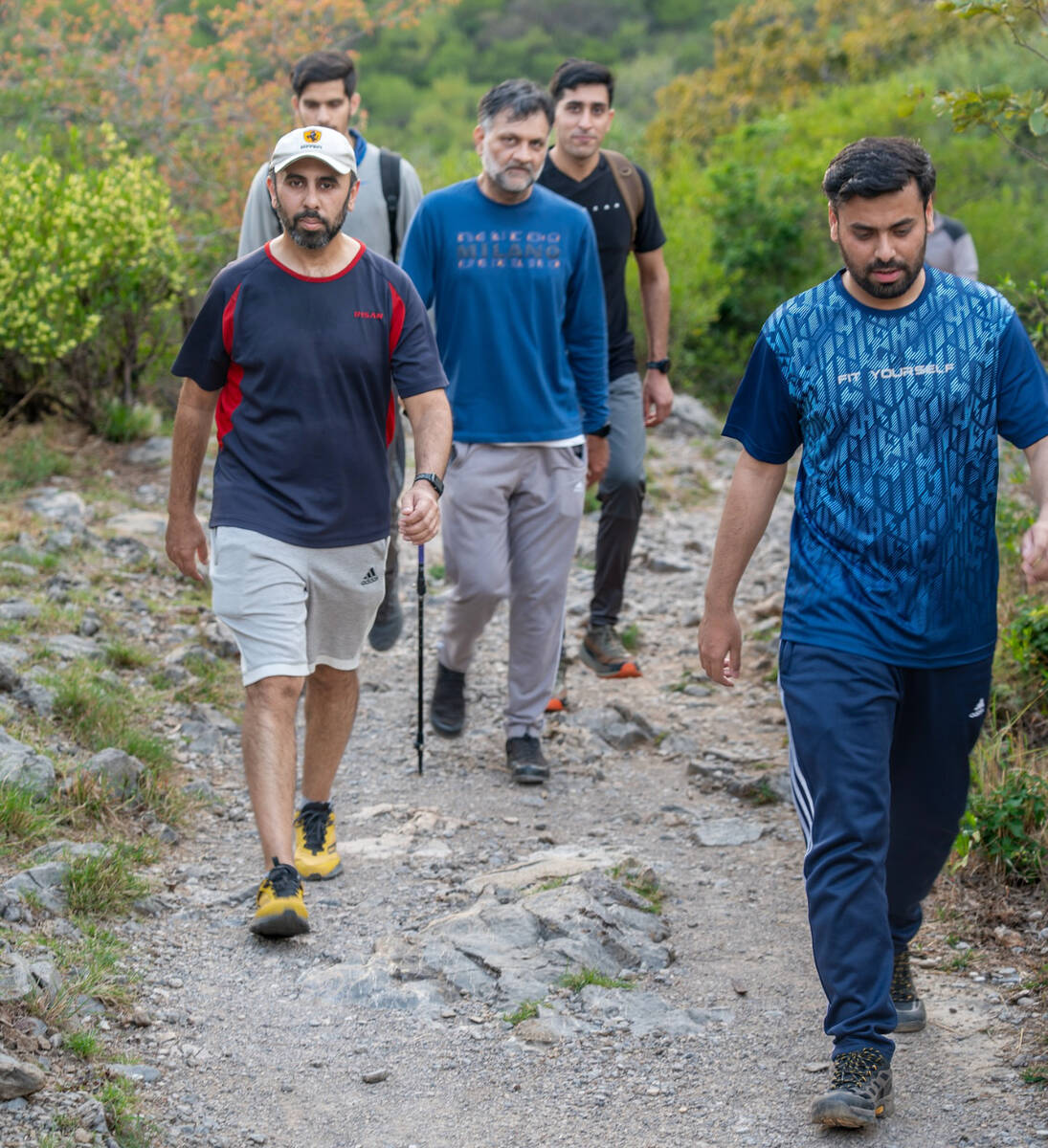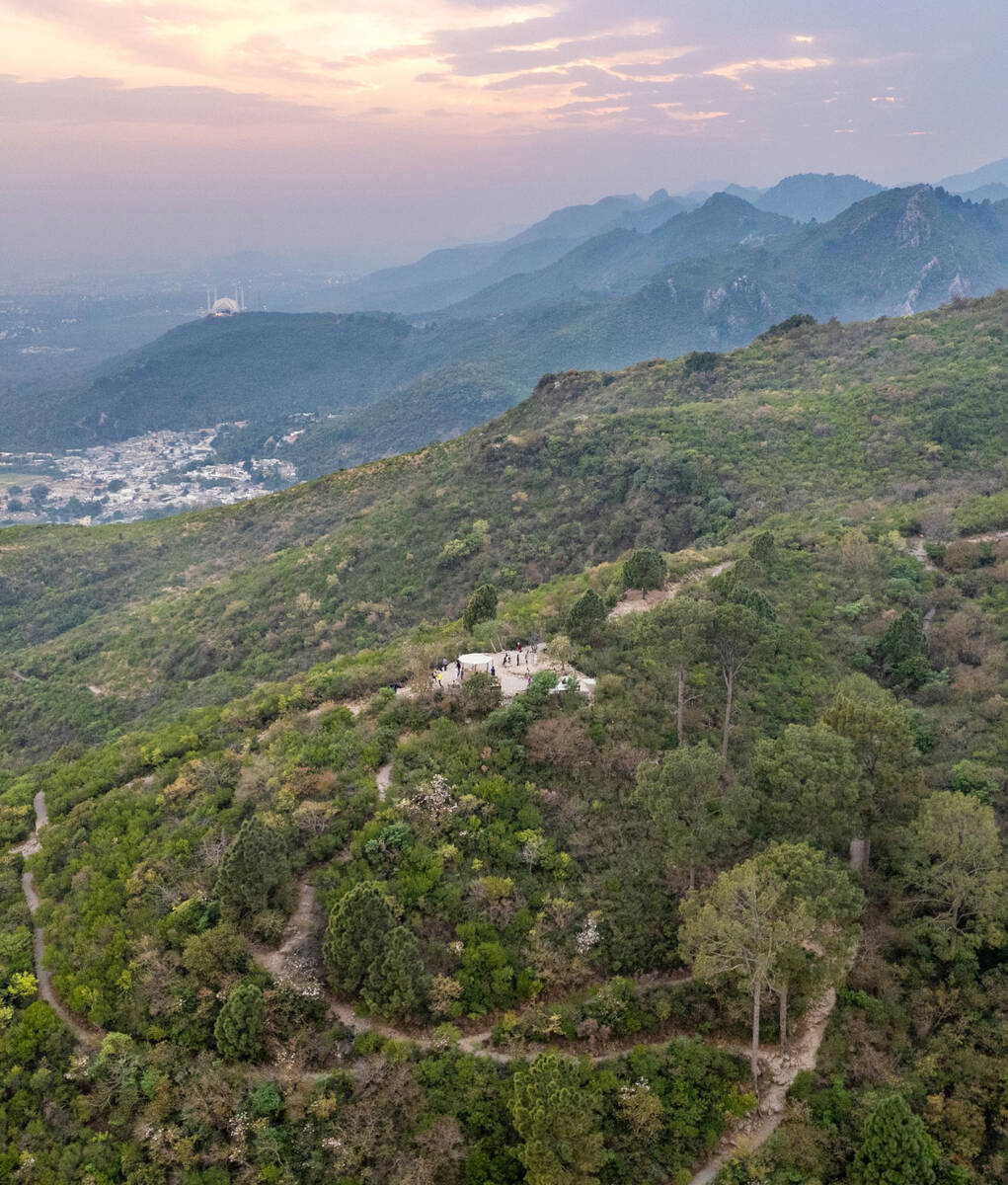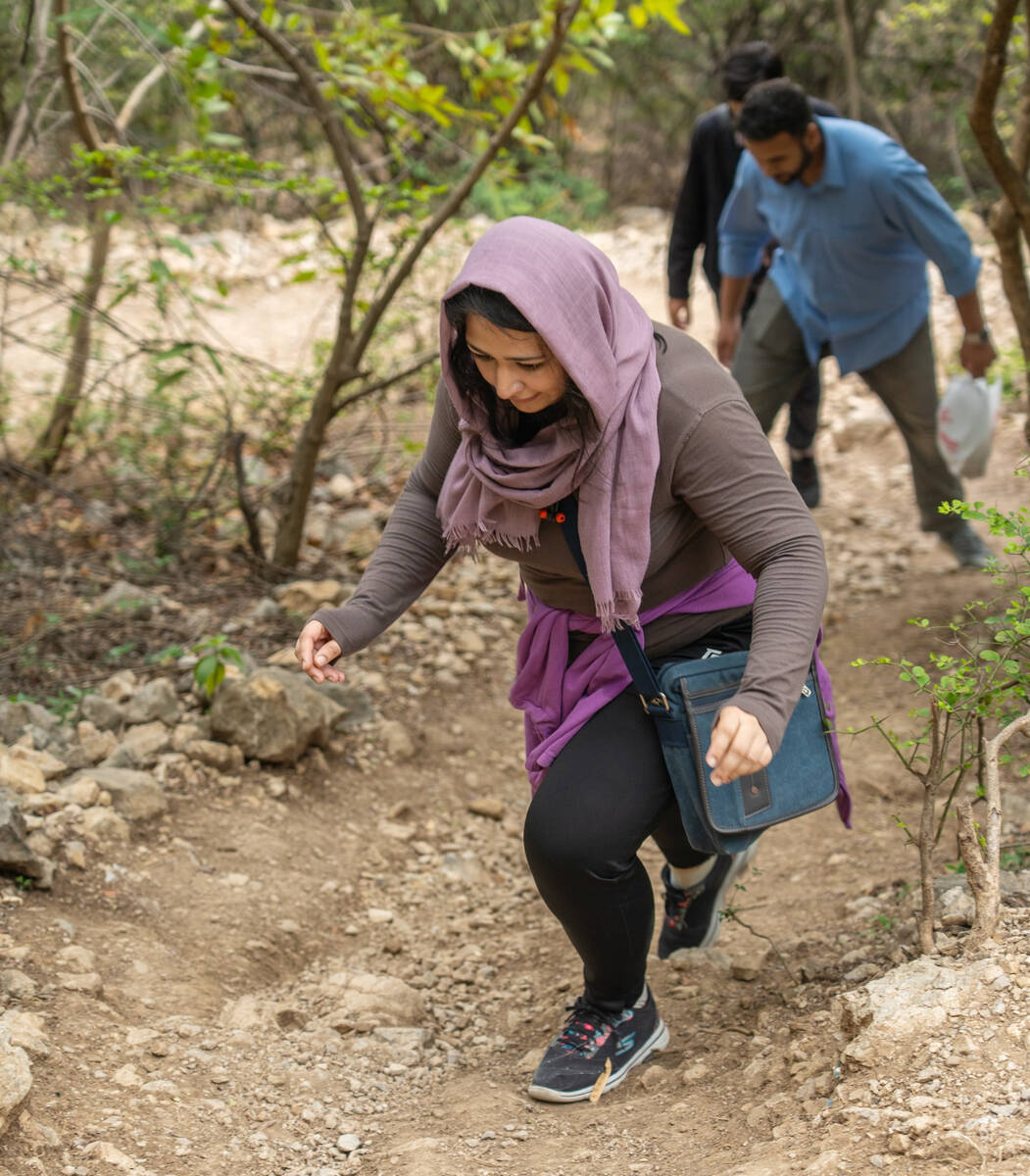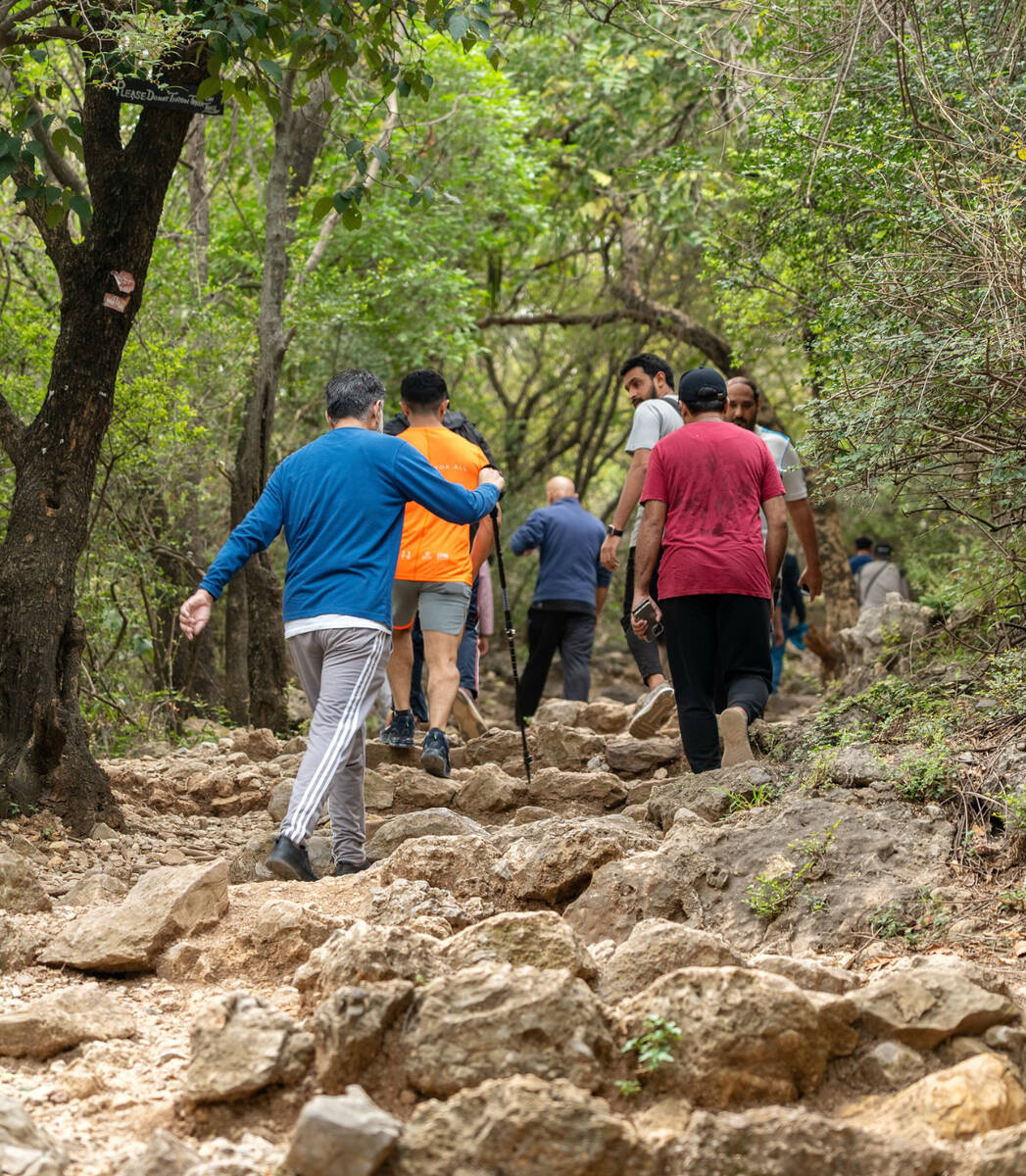WASHINGTON: A federal judge on Monday sharply criticized the Trump administration’s summary deportation of alleged Venezuelan gang members, saying “Nazis got better treatment” from the United States during World War II.
President Donald Trump sent two planeloads of Venezuelan migrants to a prison in El Salvador on March 15 after invoking an obscure wartime law known as the 1798 Alien Enemies Act (AEA).
James Boasberg, chief judge of the US District Court in Washington, issued a restraining order that same day temporarily barring the Trump administration from carrying out any further deportation flights under the AEA.
The Justice Department is seeking to have the order lifted and a three-judge US Court of Appeals panel heard oral arguments in the closely watched case on Monday.
Justice Department attorney Drew Ensign said the judge’s order “represents an unprecedented and enormous intrusion upon the powers of the executive branch” and “enjoins the president’s exercise of his war and foreign affairs powers.”
Judge Patricia Millett appeared unconvinced and said the lower court judge was not disputing Trump’s presidential authority only the denial of individual court hearings to the deportees.
Attorneys for several of the deported Venezuelans have said that their clients were not members of the Tren de Aragua (TdA) gang, had committed no crimes and were targeted largely on the basis of their tattoos.
“Nazis got better treatment under the Alien Enemies Act,” said Millett, an appointee of former Democratic president Barack Obama. “They had hearing boards before people were removed.”
“People on those planes on that Saturday had no opportunity to challenge their removal under the AEA,” she said. “Y’all could have picked me up on Saturday and thrown me on a plane thinking I’m a member of Tren de Aragua and given me no chance to protest it.
“Somehow it’s a violation of presidential war powers for me to say, ‘Excuse me, no, I’m not. I’d like a hearing?’“
Judge Justin Walker, a Trump appointee, also suggested that court hearings were warranted but appeared more receptive to the arguments that the judge’s order impinged on presidential powers.
The third judge on the panel is an appointee of former Republican president George H.W. Bush.
The AEA, which has previously only been used during the War of 1812, World War I and World War II, gives the government vast powers to round up citizens of a “hostile nation” during wartime.
Lee Gelernt, a lawyer for the American Civil Liberties Union, which filed suit against the deportations, told the appeals court panel that the Trump administration was using the AEA “to try and short circuit immigration proceedings.”
The government would likely immediately resume AEA deportations if the temporary restraining order was lifted, Gelernt said.
“We are talking about people being sent to El Salvador, to one of the worst prisons in the world, incommunicado,” he said. “They’re essentially being disappeared.”
In a 37-page opinion issued on Monday, Boasberg, the district court judge, said that migrants subject to potential deportation under the AEA should be “entitled to individualized hearings to determine whether the Act applies to them at all.”
Trump has repeatedly lashed out at Boasberg, even going so far as to call for his impeachment, a remark that drew a rare public rebuke from Supreme Court Chief Justice John Roberts.
The contentious case has raised concerns among legal experts that the Trump administration would potentially ignore the court order, triggering a constitutional crisis.
Ahead of the hearing, Deputy Attorney General Todd Blanche announced plans to send three alleged TdA members facing extortion and kidnapping charges to Chile under the AEA.
Blanche said the Justice Department “is taking every step within the bounds of the law to ensure these individuals are promptly sent to Chile to face justice.”





















